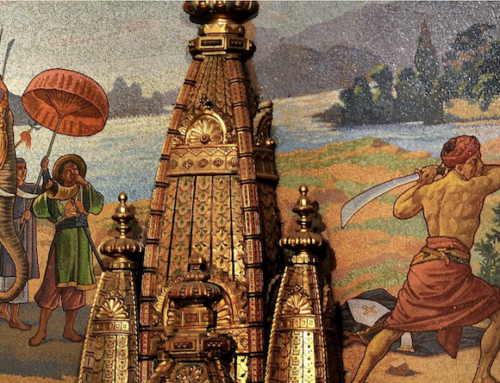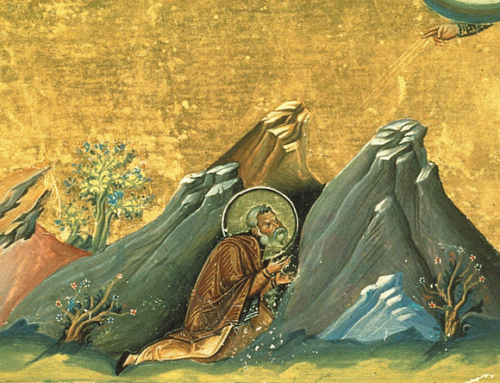“Love desires immortality… mortal nature seeks so far as possible to live forever and be immortal. And this is possible in one way only: by reproduction, because it always leaves behind a new young one in place of the old” (Symposium, 207a, d).
These words, attributed by Plato to the wise woman Diotima, poetically capture what Saint Thomas Aquinas calls the natural inclination—or desire—to preserve the species, an inclination that all corruptible beings have. Furthermore, he specifies that in humans, because we are composed of both a corruptible body and an immortal soul, this desire extends beyond the mere preservation of the species to include the good of the individual persons as well (ST I, q. 98, a. 1). In other words, what we desire is not just that the human species continue to exist, but that there be more human persons with whom to share our lives and, ultimately, with whom we hope to one day share eternal beatitude in heaven.
Yet, fulfilling this desire is something no person is capable of doing alone, for “male and female he created them” (Gen 5:2). It is only when one comes together with one’s opposite that begetting a child is possible. But our desire is not merely to bring another human into bodily existence. No, we have a natural desire to raise this child as well, to communicate our beliefs, knowledge, virtues, skills, and culture so he or she might flourish and be happy. For this reason, the union of man and woman, which alone can produce children, must also be permanent and exclusive. If it were not, the possibility of each parent being able to raise and educate the child would be frustrated in some way. Thus, in God’s wisdom, he established that man must “leave his father and his mother and hold fast to his wife, and they shall become one flesh” (Gen 2:24).
While the desire for the possibility of begetting children is the root cause of this one-flesh union, the relationship between the couple extends far beyond the physical alone. To borrow the words of the Roman jurist Modestinus, this particular union of man and woman, called marriage, is nothing short of a consortium totius vitae—a fellowship of the whole of life (Digest of Justinian, 23.2.1). Whether or not a particular couple is blessed with children, then, marriage enables a unique kind of love between the spouses, one which “involves the good of the whole person,” both body and soul (Gaudium et Spes, 49).
Now, as Aristotle notes, when there is a mutual love between persons, arising from some good they share in common, a friendship can develop (Nicomachean Ethics, 1156a). Since marriage involves a special good—the one-flesh union of husband and wife along with the children and fellowship it alone makes possible—it can and should give rise to a unique form of friendship. This happens when husband and wife recognize and love this special good, not just as a good for himself or herself, but as a good that fulfills the other as well.
It may come as a surprise to some, but no less a theologian than St. Thomas has this to say about the relationship of husband and wife: “Now, there seems to be the greatest friendship between husband and wife: for they are made one not only in the act of carnal intercourse… but also as partners in the whole of daily life” (Summa contra gentiles III, 123). Maxima amicitia—the greatest friendship. These are strong words coming from the Angelic Doctor, and we would do well to ponder their import. Marriage entails a total gift of oneself to another. This gift then forms the basis for what is truly the greatest human friendship possible, and, in turn, even comes to signify in a mysterious way that highest of all loves, the divine love shared between Christ and his Church (Eph 5:31-32).
✠
Photo on Pixabay







